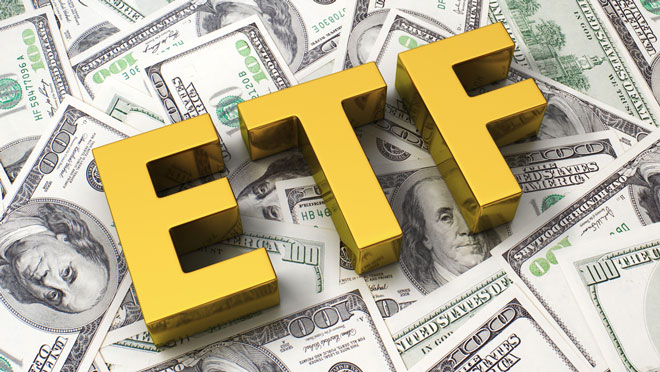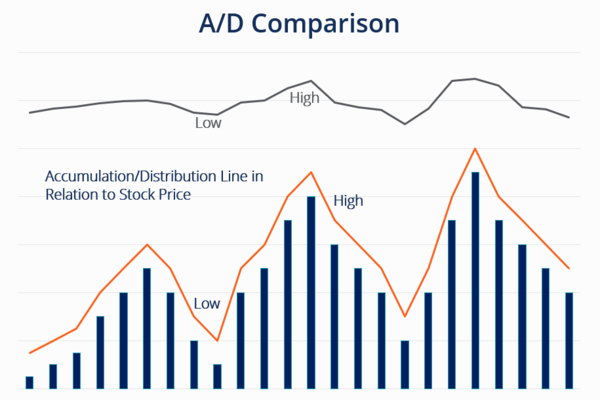An exchange-traded fund refers to an open-ended fund where the vast majority
of fund assets are invested in gold as the underlying asset, closely tracking
the price of gold, and listed on the stock exchange.

The operation of gold ETFs is similar to that of stocks, where investors can
buy or sell stocks of gold ETFs on the stock exchange. Each gold ETF corresponds
to a certain amount of gold, usually measured in ounces. When investors purchase
gold ETF stocks, the fund management company will place the corresponding gold
in a designated custodian for storage. The value of gold ETF stocks held by
investors is directly proportional to the value of the corresponding gold stored
by custodians.
One of the advantages of gold ETFs is that, compared to purchasing physical
gold, investors do not need to pay additional storage and insurance fees. In
addition, gold ETFs also provide high liquidity, allowing investors to buy or
sell stocks on the exchange at any time. The price of gold ETFs is usually
highly correlated with the gold market price, allowing investors to accurately
track and participate in the fluctuations of the gold market.
Compared to physical gold, the investment method of gold ETFs is also more
convenient and flexible. Investors do not need to personally store and protect
gold, nor do they need to pay attention to the quality and purity of gold. In
addition, the trading cost of gold ETFs is relatively low, and they have higher
transparency and traceability.
The investment returns of gold ETFs are closely related to the rise and fall
of gold prices. When the price of gold rises, the stock price of gold ETFs will
also rise, and investors can earn profits by selling stocks. On the contrary,
when the price of gold falls, the stock price of gold ETFs will also fall, and
investors may suffer losses.
According to different investment methods, ETFs can be divided into index
funds and actively managed funds. The vast majority of foreign ETFs are index
funds, while domestic ETFs are also Index Funds. ETF index funds represent the
ownership of a basket of stocks and refer to index funds that trade on the stock
exchange like stocks, with trading prices and net value trends that are
basically consistent with the tracked index.
The operating principle of domestic gold ETFs is that fund companies rely on
gold contracts to track the trend of domestic gold prices by investing in spot
real price contracts of gold on the Shanghai Gold Exchange (such as Au99.99).
After the gold ETF is listed and traded on the stock exchange, it can be traded
in the secondary market using its own Securities account, like buying and
selling stocks. You can directly apply for ETF shares in cash or redeem ETF
shares to obtain cash, commonly known as "cash redemption You can also purchase
ETF shares through a gold spot firm offer contract or redeem ETF shares to
obtain a gold spot firm offer contract, commonly known as gold spot contract
redemption".
Investors should still be cautious when choosing and purchasing gold ETFs.
Different gold ETFs may have different investment strategies and fee structures.
Investors should have a thorough understanding of the operation of the fund, the
storage methods of gold holdings, and the reputation and credibility of the
management company.
Disclaimer: This material is for general information purposes only and is not intended as (and should not be considered to be) financial, investment or other advice on which reliance should be placed. No opinion given in the material constitutes a recommendation by EBC or the author that any particular investment, security, transaction or investment strategy is suitable for any specific person.







